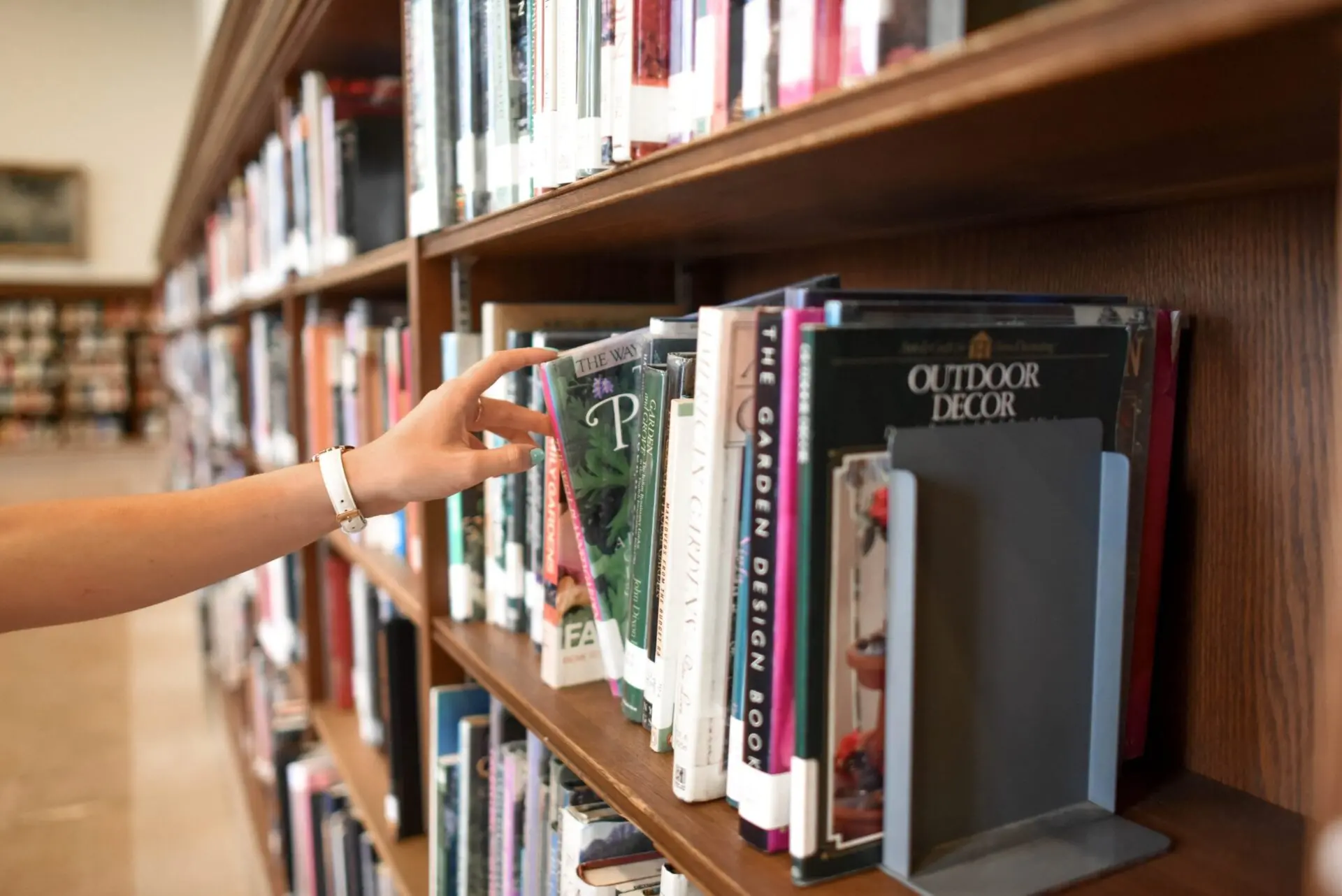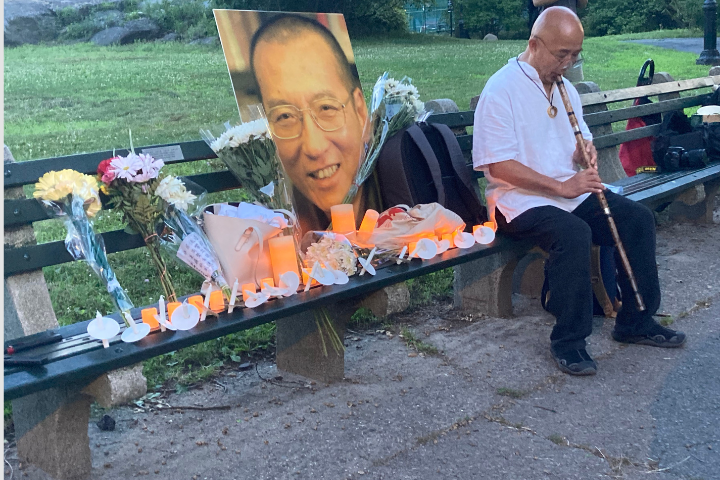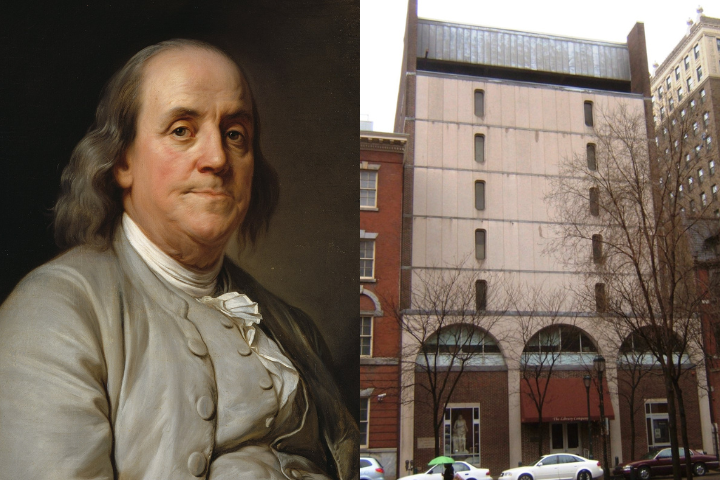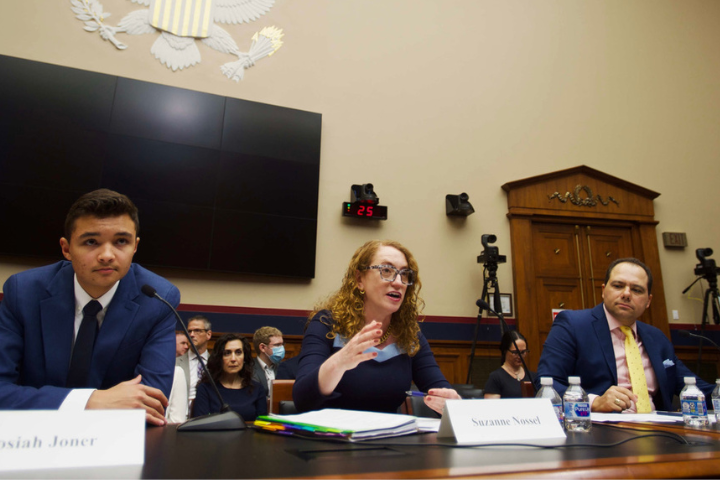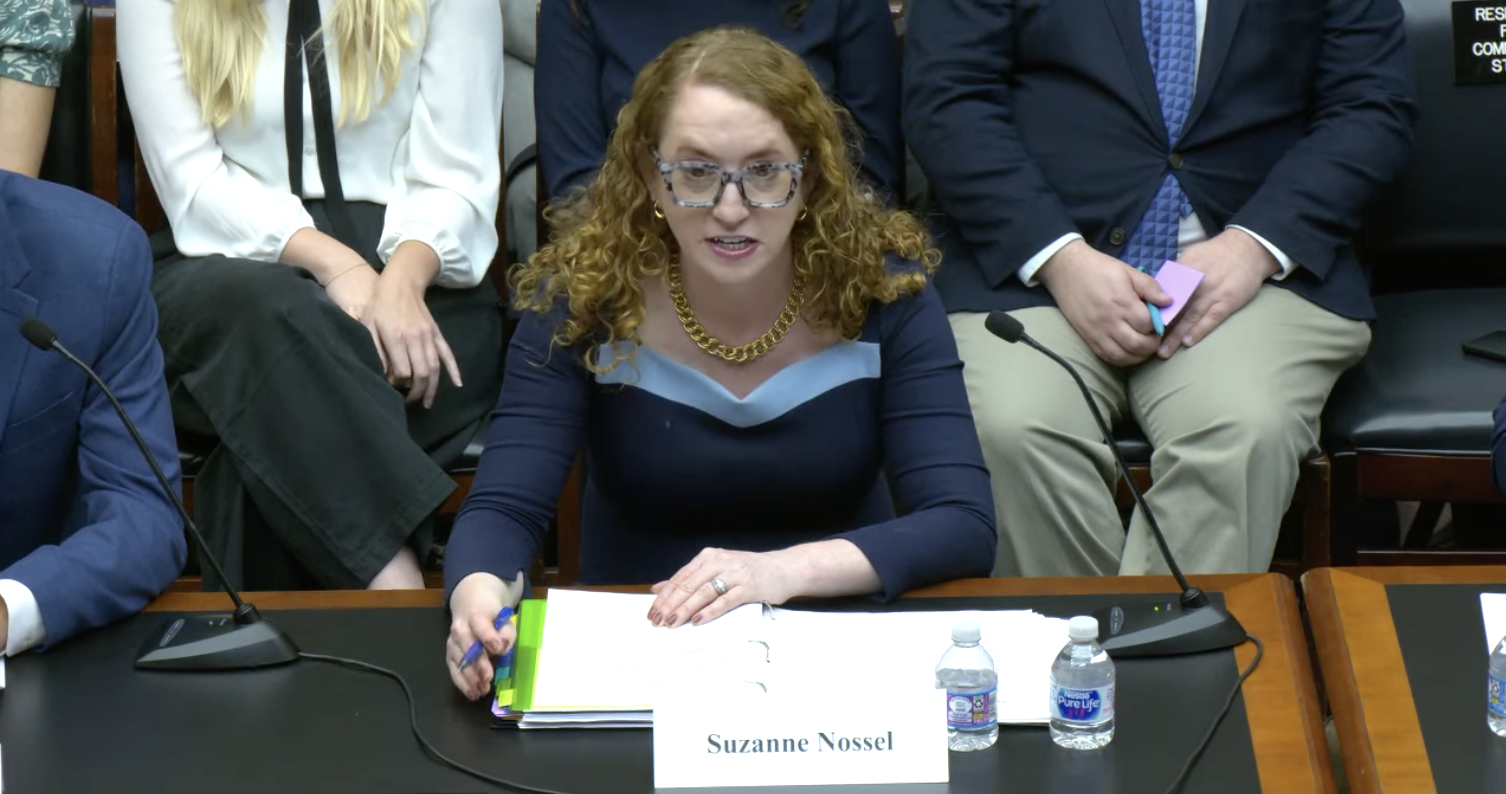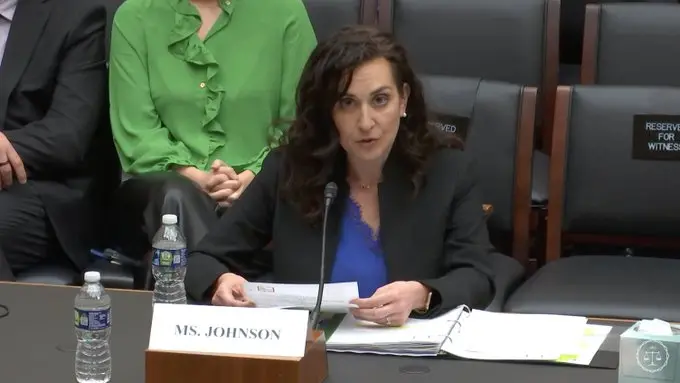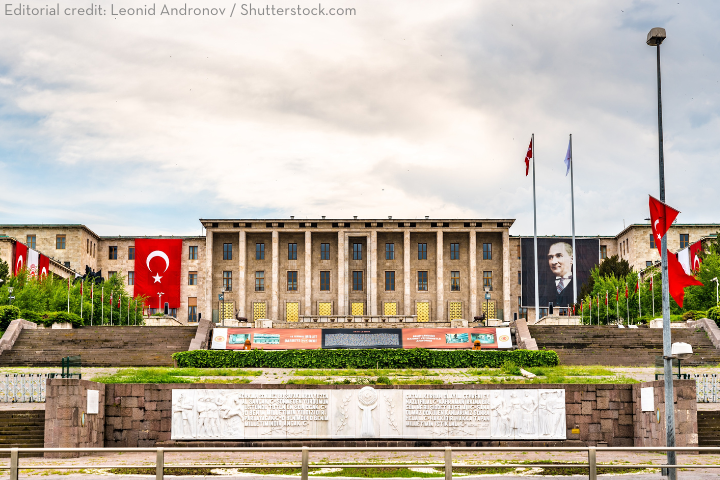Melissa Tempel was fired after tweeting that her first-graders weren’t allowed to sing ‘Rainbowland.’ Now she’s speaking out.
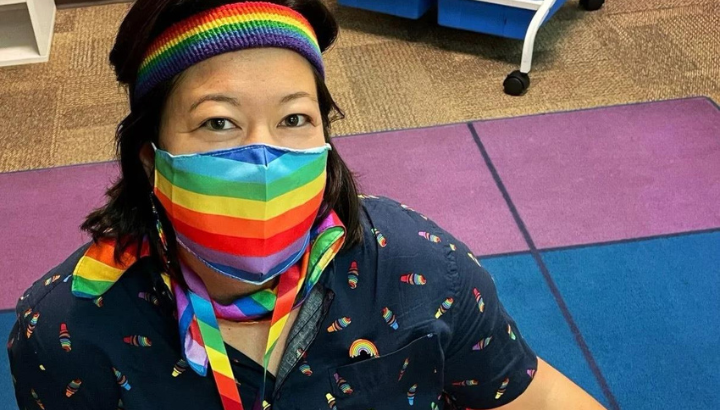
By Lisa Tolin
Melissa Tempel was excited when the music teacher at her elementary school in Waukesha, Wisconsin, suggested her first-graders sing “Rainbowland” for their spring concert.
Normally, Tempel loves singing “It’s a Wonderful World” with her class. “It’s just so cute to see first-graders sing that.” But she had never heard “Rainbowland,” by Miley Cyrus and Dolly Parton, so was happy to learn a new song.
Then Heyer Elementary School administrators weighed in. They said “Rainbowland” shouldn’t be performed in the school concert.
Tempel tweeted about the decision and it went viral, which she calls “really one of those freak things with the Internet.” Two weeks later, she was placed on administrative leave. On July 12, the school board voted 9-0 to fire her.
My first graders were so excited to sing Rainbowland for our spring concert but it has been vetoed by our administration. When will it end? @waukeshaschools @DollyParton @MileyCyrus @mileyworld @gsafewi @CivilRights #publicschools pic.twitter.com/8Na0nETmDw
— The Rainbowland Teacher (@melissatempel) March 21, 2023
Tempel and her fellow teachers were never told why the song was vetoed. Heyer Elementary School principal Mark Schneider denied that it was about the LGBTQ+ symbolism of rainbows, and said at the July 12 hearing that he was concerned that first-grade students might Google the song’s performers and find controversial images or videos.
But teachers had previously been warned about rainbows and to avoid wearing anything “controversial,” which prompted many to take down rainbow flags and stop wearing rainbow lanyards. Last year, they were told they couldn’t have signs that declared their classrooms anti-racist.
Tempel, who last year was named a Wisconsin outstanding teacher by the Wisconsin Badgers and WEAC, is planning to file a federal lawsuit in coming weeks claiming that her First Amendment rights were violated. The school cited security concerns following Tempel’s tweet, but never provided records of the hundreds of emails it said it received.
Jonathan Friedman, PEN America’s Director of Free Expression and Education Programs, said firing Tempel “is not only an extreme and punitive overreaction; it sends a troubling message to teachers in Wisconsin and across the country not to talk publicly about the censorship they are experiencing. In the long run, that won’t serve today’s students; it will continue to undermine the quality of their education.”
Supporters have set up a Gofundme to help her family get health insurance. If there’s a silver lining for Tempel, who teaches dual language classes and co-authored a book called “Rethinking Sexism, Gender, and Sexuality” for classrooms, it’s that she can now talk about what’s happening in schools.
She hopes to get back into the classroom, although she’s disheartened by what happened and said, “I still haven’t had a chance to say goodbye to my students.”
In conversation with PEN America, she talked about the climate of fear among teachers.
What have you heard from parents and students since this all began?
The nicest, kindest – now you’re going get me to cry, but they’re so wonderful. I moved out to Waukesha about five years ago, and I was really nervous. I knew I was going to a more conservative suburb. So it was really pleasantly surprising to find over the five years that people were just so wonderful. I just got an outpouring of support. Teachers don’t hear about all those good things that people think about you. You’re just doing your job. And so to see it in writing was just really, really nice.
That’s the saddest part of all this is that I really liked my job. So I didn’t have anybody telling me that they thought I had done something wrong or inappropriate. None of my students’ parents said they wanted me to be fired. Of course, there’s Twitter. And then there’s people that write comments online, saying things like, I should be fired, or I’m a groomer. And I think it’s really misinformed because the song is not about being gay – and not that there’s anything wrong with that. However, that’s not what the song was about. And that is not that’s definitely not what I’m doing in my classroom.
“We couldn’t have stickers on our water bottles or our computers that said anything that could be controversial. The way that’s interpreted is very loose.”
People have been talking about indoctrination in the classroom. Is that something that you heard about when you first got into teaching?
God, never, no. I mean, my job as a teacher is to make kids feel safe and comfortable at school. I grew up in a mostly white suburb, and I was always a little bit different from everybody else, and I definitely felt that as a kid. I didn’t fully understand it until I got older. But I see now how that played out in my job. I’m just extra sensitive to how kids feel at school and if they feel welcome, if they feel like they are being represented in what we’re learning about and if they’re seeing their own families reflected in the books that we read. And so, that is how I taught.
Where do you think this idea of indoctrination is coming from?
The silver lining to all this is that I feel like I have this opportunity to talk to people about what’s happening in schools. And I think groups like Moms for Liberty are really banging on those pots at all the school board meetings and running candidates and pushing control of public schools, and “parental transparency.” I think it’s all about pushing a different agenda that is not about kids and not about inclusivity, and really about making sure that we go backwards so that kids aren’t learning about others and learning to accept people how they are. I think it’s very confusing for kids, because we’ve come so far with the LGBTQ community, and we like to think that there’s less racism. We have a lot of diversity and equity teams and trainings in schools, but those are being systematically eliminated from our schools. I think that’s what it’s mostly about. And that’s where it’s really concerning.
A lot of people know what’s happening in Florida right now, or in Texas, but people don’t really think of that in Wisconsin.
That’s what’s terrifying. When things changed in Florida last spring, I had that privilege. I didn’t have to deal with it. But then we had people at school board meetings complaining about pornography in books, and that kids shouldn’t be learning about critical race theory, which then translates to culturally responsive teaching, and all kinds of other things like social emotional learning. And so we saw that in our district, and it became very clear that there was a pattern.
We’ve seen since then, we aren’t allowed to have “safe space” stickers in Waukesha. We were told we can’t wear anything controversial on our clothing. We couldn’t have stickers on our water bottles or our computers that said anything that could be controversial. The way that’s interpreted is very loose. You don’t know what someone’s going to deem controversial. There were no parameters. Black Lives Matter is not political to me, but it definitely is to a lot of other people. So that’s up for interpretation, and that was a very scary thing for teachers.
They’ve passed some policies in different smaller suburbs around Waukesha that now they cannot have rainbows. They have some weird rules around sports, that you have to participate in the sport that’s aligned with the assigned sex. And so it’s just really been terrifying, to be honest, to see that happen. In a district very close to mine, they are saying that they don’t want to allow a transgender child to use the bathroom they’ve been using. And it all has happened just in the past couple months, so that’s really scary, just how fast everything moved.
You presumably have gay students or gay parents, certainly gay teachers in the district. How are they feeling about the climate?
We have teachers that identify as queer. We have transgender students. The teachers I know are very, very concerned, and also just don’t feel welcome. Gay Straight Alliance leaders all over the district were reporting that students were terrified. Another policy change that happened right before I was put on leave was that we were told we have to use students’ assigned names and pronouns, and whatever was in their official paperwork from when their parents register them for school. So you know, in the middle school level, and the high school level, you’re just figuring yourself out, and your teachers and peers make you feel comfortable, so you ask them to address you with they/them pronouns at school. And, you know, those kids don’t necessarily feel ready to talk to their parents about it and were extremely traumatized by finding out that the teachers were told they couldn’t use those names.
In the beginning of the 2021 school year, we were told that we couldn’t have any signs that say “anti-racist classroom.” And I was freaking out. I was really upset. I work with mostly students who speak Spanish, who identify as Mexican or Puerto Rican, and there are definitely Black students in our school, Asian students. So, you know, since when can we not say we’re anti-racist? I thought racism was bad. That was really scary for me.
“I don’t think that there’s anything wrong with any of the things that I’ve said, or any of the things that I do in my classroom. So I’m going to fight it as much as I can.”
What do you hope people take away from this?
This isn’t just about me, and it really needs to be something that people are thinking about. School board elections are those elections that are so easily the Stay At Home elections. People aren’t necessarily paying attention. Moms for Liberty and other groups like that are really well funded and well backed, and they’re making a huge influence on what’s happening in our public schools. And so I think if we want to do anything, it really needs to be those grassroots local school board elections, and just finding out what policies you have.
I know teachers are looking at my situation and thinking “yeah, that’s why we can’t talk about our partner at work,” or “that’s why I can’t share that I went to a Black Lives Matter protest,” because you’ll get fired. And I really don’t want that to be the narrative, I want the narrative to be that I spoke out because I knew that this was wrong, and I really want my students to have the best. I don’t think that there’s anything wrong with any of the things that I’ve said, or any of the things that I do in my classroom. So I’m going to fight it as much as I can.
Lisa Tolin is editorial director of PEN America.

